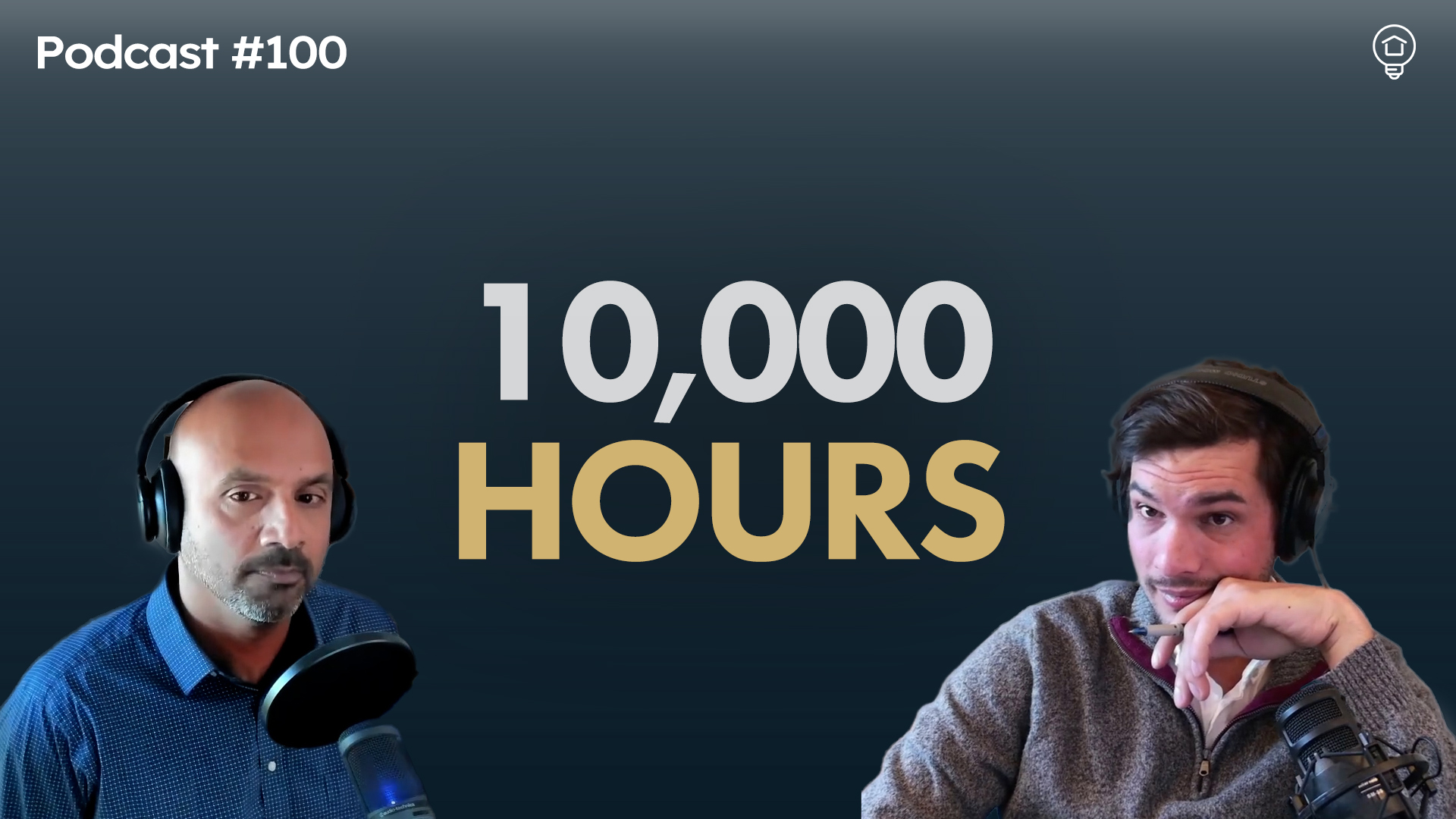So, You Want to Live in Boulder [Due Diligence Phase 1]
—
by Osman Parvez
Due diligence.
Some Realtors don’t like to talk about it. We live and breathe it every day. House Einstein’s mission is to help you make a smarter real estate decision.
First things, first. There are two phases to due diligence. Phase 1 should occur well before you write the contract. Phase 2 should happen once you’re under contract.
This is the first post in a multi-post series. As they’re published, you’ll find the rest under #duediligence
Where Do You Want To Live?
Due diligence starts with the basics.
Where do you want to live?
Maybe you’ve got your heart set on living in the City of Boulder. That’s wonderful but many newcomers don’t realize that Boulder County is also full of amazing places to live. You could live in the L’s (Louisville, Lafayette, Longmont) or in Erie or Superior. You could also choose the mountains or unincorporated Boulder County. Every buyer has a budget and everyone has certain needs to fulfill.
For initial location research, it helps to have a conversation with an experienced, local buyer’s agent. A short meeting can help guide you in the right direction when it comes to neighborhoods that fit your budget and your needs. We’re a wealth of knowledge and a resource for buyers and sellers. We can save you a lot of time.
Boulder Traffic
Here’s what you should know, before you buy a home in Boulder.
When it comes to choosing a location, my first piece of advice for most buyers is to map your commute. Google maps allows you to check commute times at various points during the day, but you should also drive it during rush hour to see for yourself.
Don’t brush this off. Short commute create long term happiness. Anything more than twenty minutes also tends to make most people miserable. It adds up over time.
I know. Sometimes, you have to make sacrifices. When I worked for an investment firm in south Denver, it took about 50 minutes each way to commute from my home in South Boulder. Over the course of a week, I was spending up to 12 hours a week driving. I would make phone calls to family and friends, but there was no getting around it. I was still stuck in the car (this was before podcasts became a thing).
If I had chosen to live in north Boulder, my commute would have been even worse – about 30 minutes longer. That’s an extra 2.5 hours a week or somewhere around an extra 120 hours a year. Ouch.
If you value your time properly, you really want to think about the trade offs between a larger, better home vs a shorter commute.
In addition to how long, you should also consider how you’ll be commuting. The experience of the commute itself matters. Are you riding a bicycle, driving a SOV, or taking mass transit (which for now is limited to the bus)? What’s the stress level like on that commute?
Back in the day, I used to take the train from Brooklyn to my job in Manhattan. The jarring, loud noises of the subway system and need to change trains created a lot of stress. Later, I figured out that the express bus was much better. The 10 minute walk to the bus stop was good for my body and it was through a pleasant neighborhood. The bus was also quieter and there was less chance of random chaos occurring.
The highest volume transit corridor is US 36 between Denver and Boulder. On most days, it’s pretty fast and you can choose to go even faster by taking the express lane.
The primary routes people travel directly east/west are Arapahoe, Baseline, Jay, Valmont, and South Boulder Road. These have stop lights and lower speed limits. If you’re driving from Longmont, the Diagonal is the primary artery. It has faster speeds but can also be a mess during rush hour.
If you choose to live in the mountains, there are additional things to think about including your comfort with winter driving on twisty mountain roads and how often your road gets plowed (if it gets plowed). There could also be major construction that unexpectedly occur, like the one happening right now in Boulder Canyon.
In some ways, South Boulder offers a practical benefit for commuting anywhere along the job centers on US36, even into downtown Denver. If you regularly travel for work, it’s much faster to the airport. Plus, the park and ride is only minutes away.
One Last Thing
There is no planet B.
This may seem like an odd way to end this post, but I can’t stop thinking about it. Housing choices have a direct impact on carbon emissions. Although the environmental cost is externalized, future generations and life on the planet will pay the price. Commuting may be a small piece of the pie, but it’s something we have direct control over. If you’re planning to buy or sell real estate, I ask that you to think about it.
Maybe you could buy an electric car and install a PV+battery system for your home to offset the carbon cost. Maybe you could take a job that allows you to work from home more often. Or Maybe you could buy a smaller, albeit more expensive house and commute by e-bicycle or mass transit.
Just think about it. The future depends on it.
—-
Ready to buy or sell? Schedule an appointment or call 303.746.6896.
You can also like our Facebook page or follow us on Twitter.
As always, your referrals are deeply appreciated.
—
The ideas and strategies described in this blog are the opinion of the writer and subject to business, economic, and competitive uncertainties. We strongly recommend conducting rigorous due diligence and obtaining professional advice before buying or selling real estate.
—-
So, You Want to Live in Boulder [Due Diligence Phase 1]
—
by Osman Parvez
Due diligence.
Some Realtors don’t like to talk about it. We live and breathe it every day. House Einstein’s mission is to help you make a smarter real estate decision.
First things, first. There are two phases to due diligence. Phase 1 should occur well before you write the contract. Phase 2 should happen once you’re under contract.
This is the first post in a multi-post series. As they’re published, you’ll find the rest under #duediligence
Where Do You Want To Live?
Due diligence starts with the basics.
Where do you want to live?
Maybe you’ve got your heart set on living in the City of Boulder. That’s wonderful but many newcomers don’t realize that Boulder County is also full of amazing places to live. You could live in the L’s (Louisville, Lafayette, Longmont) or in Erie or Superior. You could also choose the mountains or unincorporated Boulder County. Every buyer has a budget and everyone has certain needs to fulfill.
For initial location research, it helps to have a conversation with an experienced, local buyer’s agent. A short meeting can help guide you in the right direction when it comes to neighborhoods that fit your budget and your needs. We’re a wealth of knowledge and a resource for buyers and sellers. We can save you a lot of time.
Boulder Traffic
Here’s what you should know, before you buy a home in Boulder.
When it comes to choosing a location, my first piece of advice for most buyers is to map your commute. Google maps allows you to check commute times at various points during the day, but you should also drive it during rush hour to see for yourself.
Don’t brush this off. Short commute create long term happiness. Anything more than twenty minutes also tends to make most people miserable. It adds up over time.
I know. Sometimes, you have to make sacrifices. When I worked for an investment firm in south Denver, it took about 50 minutes each way to commute from my home in South Boulder. Over the course of a week, I was spending up to 12 hours a week driving. I would make phone calls to family and friends, but there was no getting around it. I was still stuck in the car (this was before podcasts became a thing).
If I had chosen to live in north Boulder, my commute would have been even worse – about 30 minutes longer. That’s an extra 2.5 hours a week or somewhere around an extra 120 hours a year. Ouch.
If you value your time properly, you really want to think about the trade offs between a larger, better home vs a shorter commute.
In addition to how long, you should also consider how you’ll be commuting. The experience of the commute itself matters. Are you riding a bicycle, driving a SOV, or taking mass transit (which for now is limited to the bus)? What’s the stress level like on that commute?
Back in the day, I used to take the train from Brooklyn to my job in Manhattan. The jarring, loud noises of the subway system and need to change trains created a lot of stress. Later, I figured out that the express bus was much better. The 10 minute walk to the bus stop was good for my body and it was through a pleasant neighborhood. The bus was also quieter and there was less chance of random chaos occurring.
The highest volume transit corridor is US 36 between Denver and Boulder. On most days, it’s pretty fast and you can choose to go even faster by taking the express lane.
The primary routes people travel directly east/west are Arapahoe, Baseline, Jay, Valmont, and South Boulder Road. These have stop lights and lower speed limits. If you’re driving from Longmont, the Diagonal is the primary artery. It has faster speeds but can also be a mess during rush hour.
If you choose to live in the mountains, there are additional things to think about including your comfort with winter driving on twisty mountain roads and how often your road gets plowed (if it gets plowed). There could also be major construction that unexpectedly occur, like the one happening right now in Boulder Canyon.
In some ways, South Boulder offers a practical benefit for commuting anywhere along the job centers on US36, even into downtown Denver. If you regularly travel for work, it’s much faster to the airport. Plus, the park and ride is only minutes away.
One Last Thing
There is no planet B.
This may seem like an odd way to end this post, but I can’t stop thinking about it. Housing choices have a direct impact on carbon emissions. Although the environmental cost is externalized, future generations and life on the planet will pay the price. Commuting may be a small piece of the pie, but it’s something we have direct control over. If you’re planning to buy or sell real estate, I ask that you to think about it.
Maybe you could buy an electric car and install a PV+battery system for your home to offset the carbon cost. Maybe you could take a job that allows you to work from home more often. Or Maybe you could buy a smaller, albeit more expensive house and commute by e-bicycle or mass transit.
Just think about it. The future depends on it.
—-
Ready to buy or sell? Schedule an appointment or call 303.746.6896.
You can also like our Facebook page or follow us on Twitter.
As always, your referrals are deeply appreciated.
—
The ideas and strategies described in this blog are the opinion of the writer and subject to business, economic, and competitive uncertainties. We strongly recommend conducting rigorous due diligence and obtaining professional advice before buying or selling real estate.
—-
Share This Listing!
More about the author
Osman Parvez
Owner & Broker at House Einstein as well as primary author of the House Einstein blog with over 1,200 published articles about Boulder real estate. His work has appeared in the Wall Street Journal and Daily Camera.
Osman is the primary author of the House Einstein blog with over 1,200 published articles about Boulder real estate. His work has also appeared in many other blogs about Boulder as well as mainstream newspapers, including the Wall Street Journal and Daily Camera. Learn more about Osman.
Work with
House Einstein
Thinking about buying or selling and want professional advice?
Call us at 303.746.6896
Your referrals are deeply appreciated.














